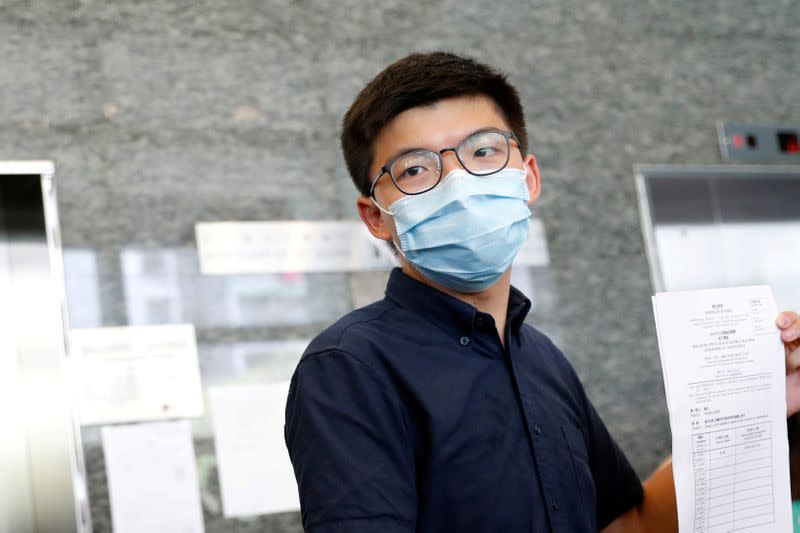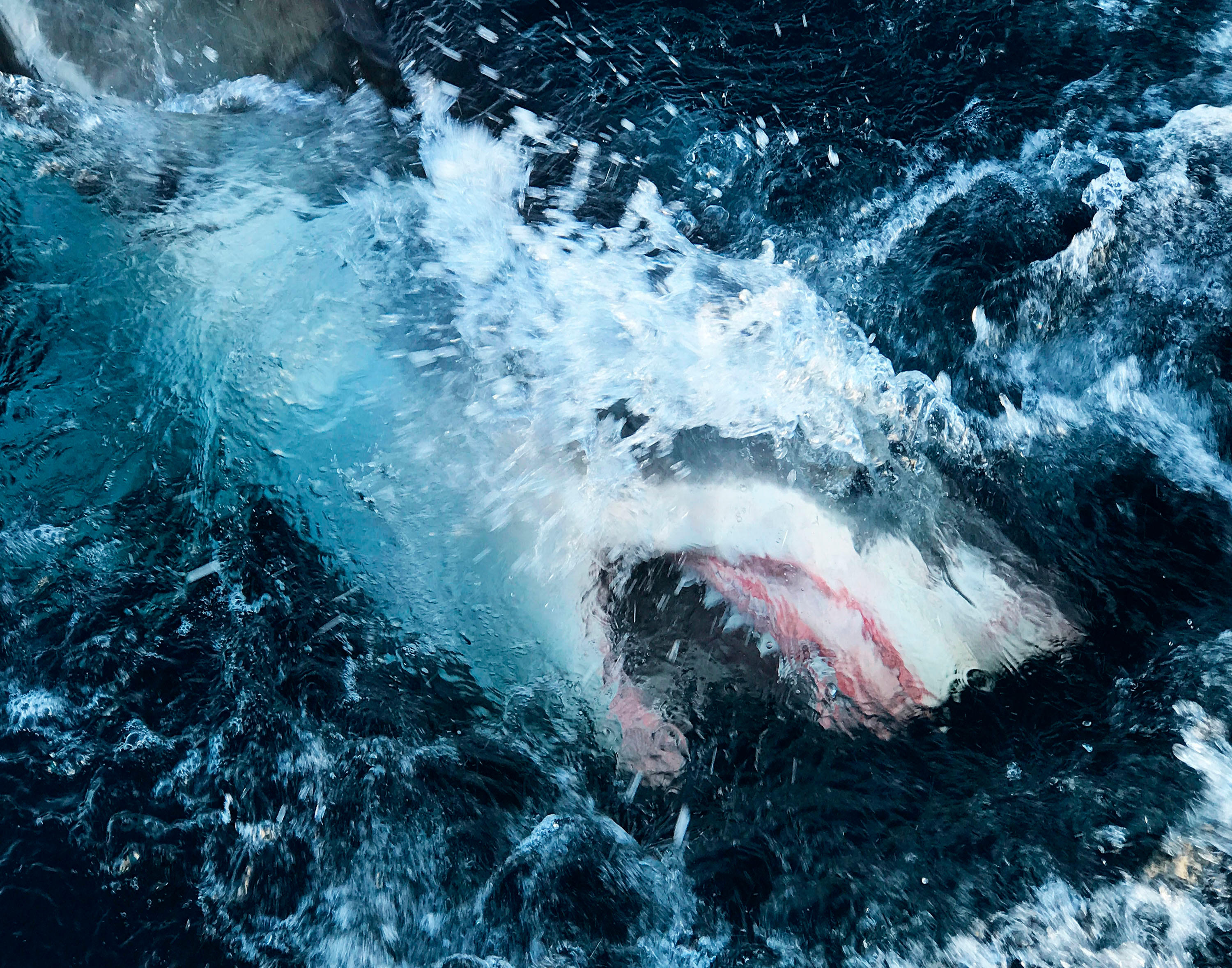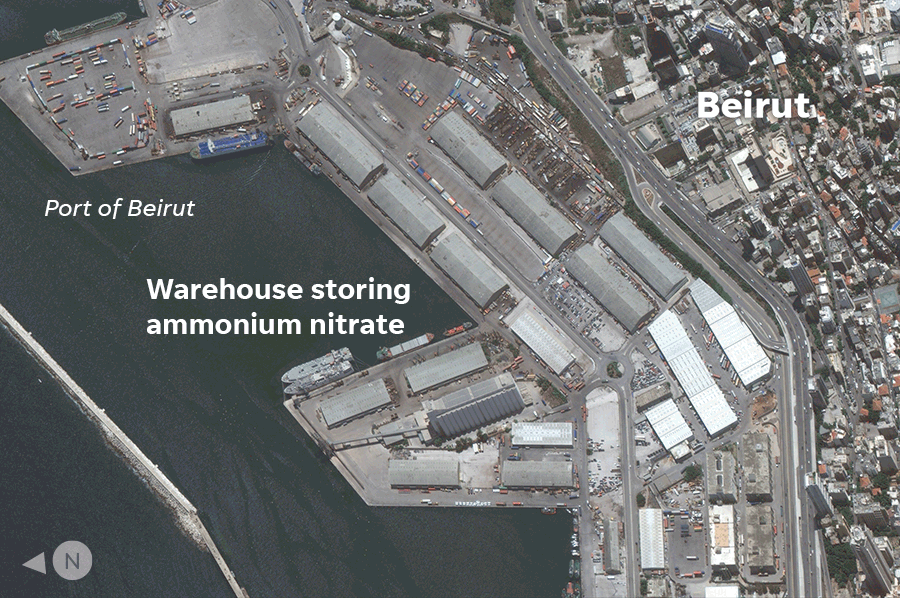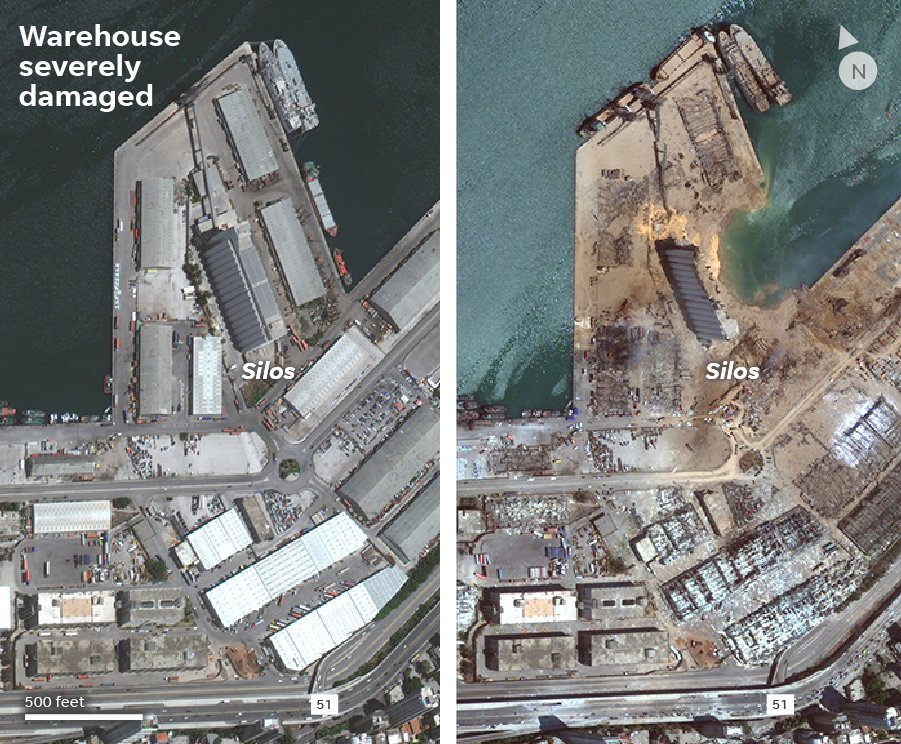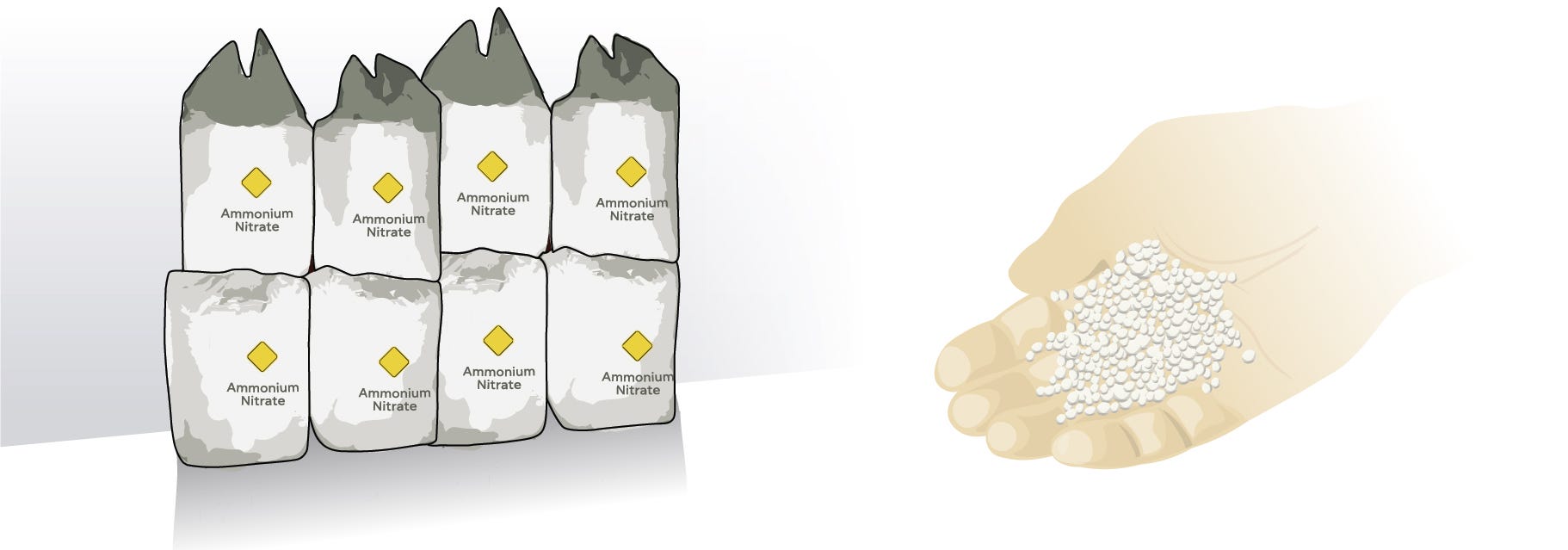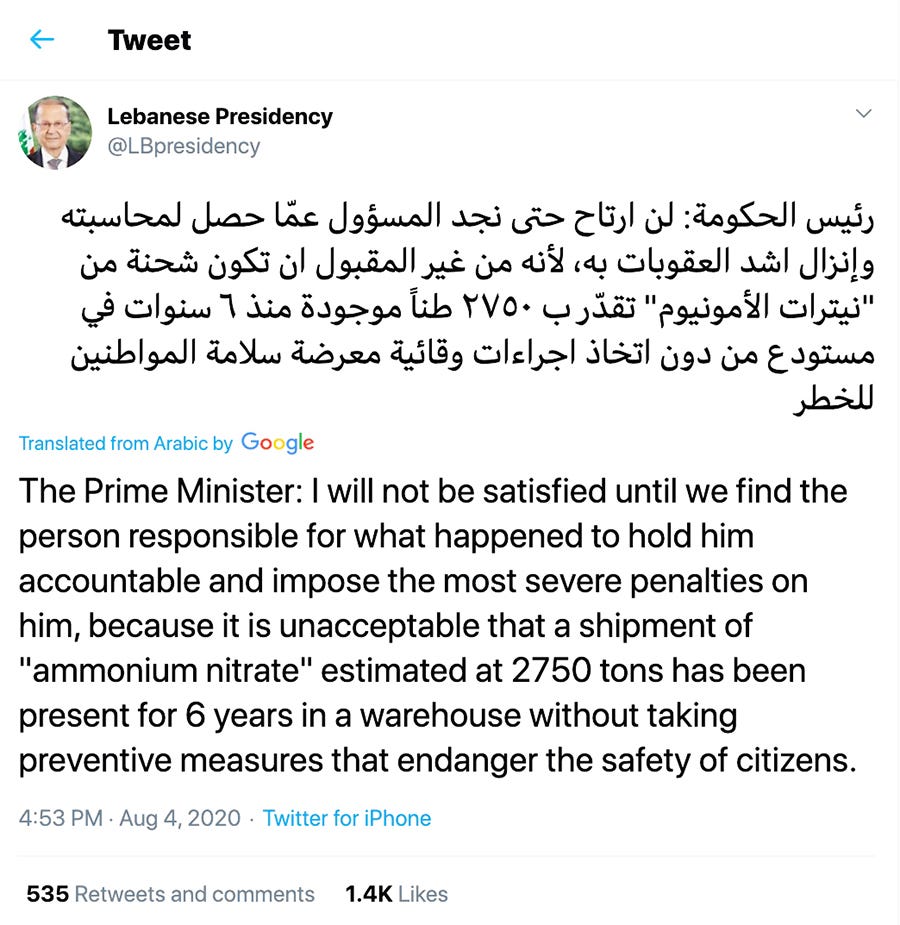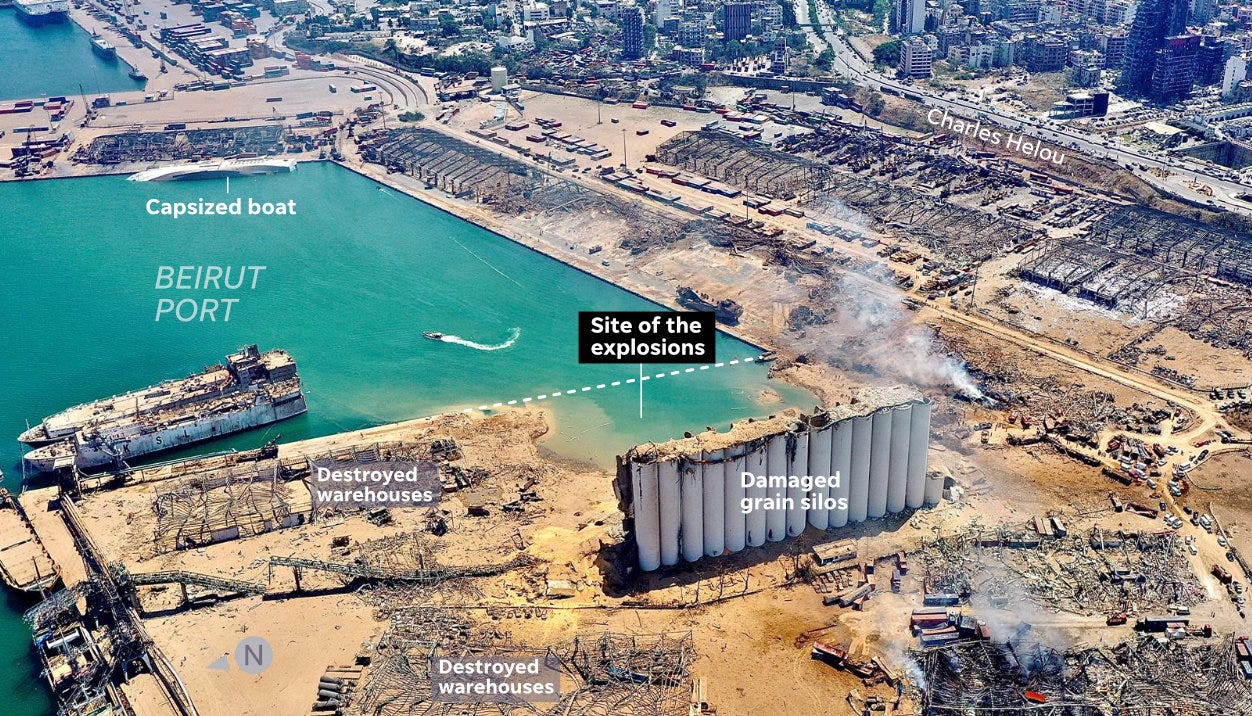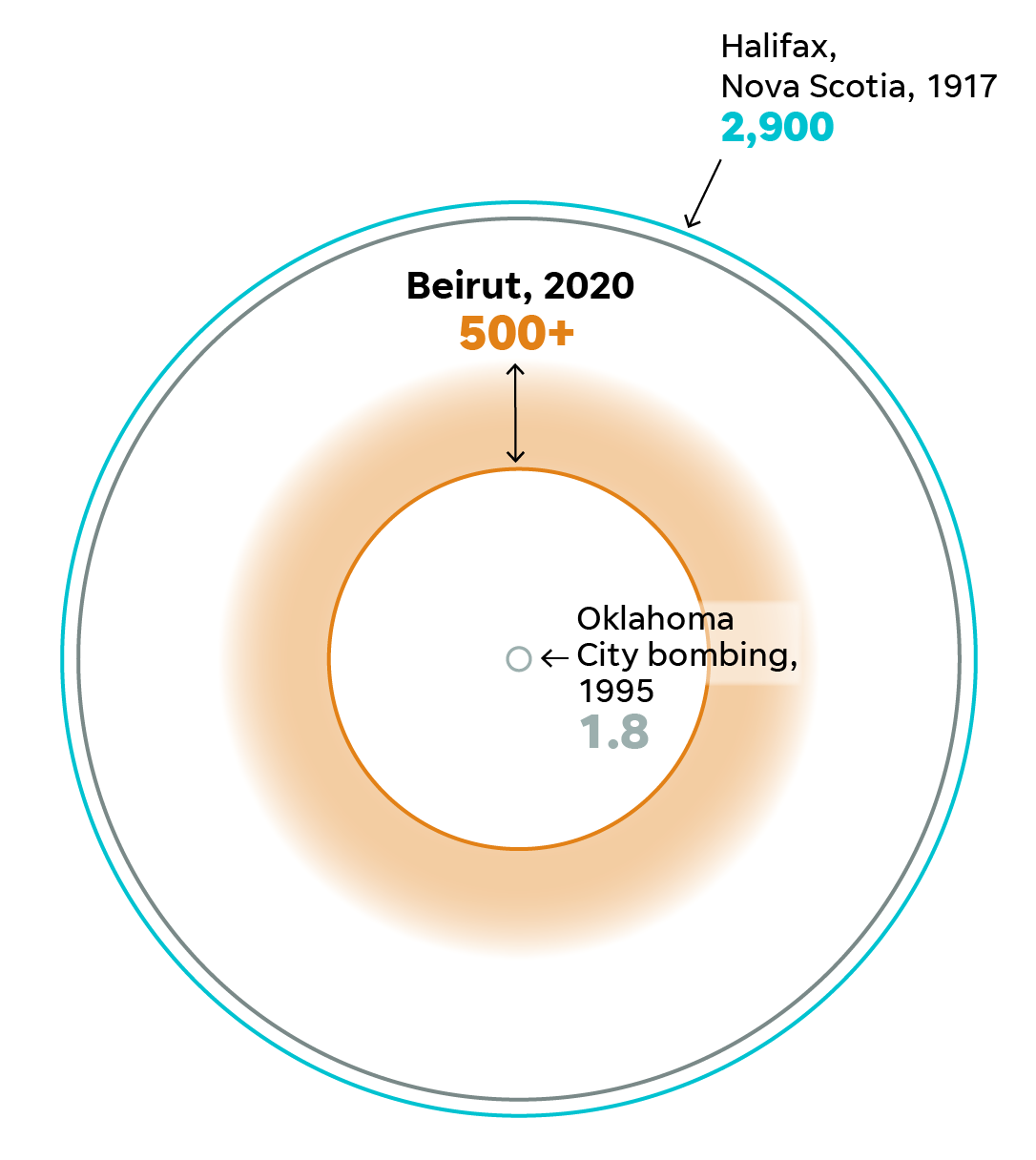ICE detained hundreds of Mississippi chicken plant workers. Now managers are charged
Hayley Fowler,
Miami Herald•August 6, 2020

Close to 700 immigrants working in the U.S. illegally were detained last year during what federal prosecutors have called “the largest single-state worksite enforcement operation in our nation’s history.”
Now four higher-ups at the Mississippi chicken plants where they were employed face criminal charges.
The U.S. District Attorney’s Office for the Southern District of Mississippi unsealed indictments Thursday against two supervisors at A&B Foods Inc. as well as a human resources manager and plant manager at Pearl River Foods Inc.. They are accused of hiring undocumented workers and lying to law enforcement, according to a news release.
“This office has a successful history of prosecuting employers for violating our immigration laws, and today marks another step in ensuring that justice is fairly and impartially done, no matter the law-breaker,” U.S. Attorney Mike Hurst said in the release.
A&B is associated with distributor MP Foods Inc., the Clarion-Ledger reported.
Pearl River runs a poultry processing plant in Carthage, Mississippi, according to its website.
ICE raids net hundreds of arrests
U.S. Immigration and Customs Enforcement officials raided seven food processing plants in six Mississippi towns in August 2019, ultimately taking 680 people into custody.
About 300 were released almost immediately after — at least 30 of whom on humanitarian grounds, The Sun Herald reported.
Officials offered four possible scenarios for those arrested: criminal charges, deportation, release on the condition they appear before an immigration judge and detention.
According to Thursday’s news release, the raid resulted in 126 indictments, 117 criminal arrests and 73 convictions. Prosecutors have also accused more than 400 people of falsifying Social Security information “in order to gain illegal employment in the United States.”
The raids had a ripple effect across the Southeast in the weeks that followed, sparking rumors of potential round-ups on the Mississippi coast that turned out to be unfounded, The Sun Herald reported.
Hundreds of workers also walked out of poultry plants in Georgia after social media posts warned of an impending ICE raid, according to McClatchy News.
Police debunked the rumor on Facebook, saying “it is important to always be vigilant and rely on credible sources.”

Charges against A&B Inc. managers
Thursday’s indictments mark the first criminal action federal prosecutors have taken against company managers after last year’s ICE raids.
“Companies who intentionally or knowingly base their business model on an illegal workforce deprive law abiding citizens and lawful immigrants of employment opportunities, which are especially critical as our economy looks to recover from the challenges faced by the COVID-19 pandemic,” ICE deputy director Matthew T. Albence said in the news release.
According to the release, Salvador Delgado-Nieves, 57, and Iris Villalon, 44, from A&B Inc. are charged with “harboring illegal aliens” and making false statements to law enforcement.
Delgado-Nieves is also accused of helping obtain fake Social Security cards for the workers, and Villalon faces an additional charge of allowing false quarterly wage reports to be filed, prosecutors said.
Delgado-Nieves could serve up to 74 years in prison and owe $2.5 million in fines if convicted, according to the news release.
Villalon faces up to 20 years in prison and $750,000 in fines.
Charges against Pearl River Foods managers
At Pearl River Foods, human resources manager Carolyn Johnson, 50, and manager Aubrey “Bart” Willis, 39, were also indicted on charges of “harboring illegal aliens,” prosecutors said.
Johnson is additionally accused of committing wire fraud and identity theft, according to the news release.
“The indictment charges both defendants with harboring illegal aliens following the execution of federal warrants at the Pearl River Foods facility on August 7, 2019,” the release states.
If convicted, the maximum sentence for Johnson is 84 years in prison and $2.25 million in fines. Willis faces up to 50 years in prison and $1.25 million in fines.
But prosecutors hinted the four managers won’t be the only individuals charged as a result of last year’s raids.
“The indictments unsealed today mark the beginning, not the end, of our investigations and prosecutions,” Hurst said in the news release. “Rest assured that we will continue to pursue criminal wrongdoers and enforce our criminal laws wherever the evidence may take us.”

